I think we can all agree that one of the things we most need to teach children who hit, kick, tantrum, or throw things is how to self-regulate.
Children need to learn to self-regulate throughout the day, but especially when they’re upset!
Those children who seem to go from 0-10 in the blink of an eye, flip their lids over the littlest things, or who hurt their peers?
Common wisdom in our early childhood field is that we need to help them learn self-regulation skills.
Yes, other skills are needed. How to recognize and name those big emotions.…how to ask for what they want and need (with words, rather than their hands!)
But first and foremost, I hear teachers looking for strategies to teach self-regulation.
Perhaps you dream of a classroom where children have the tools and skills to return to calm and self-regulate when they’re upset…. Maybe children even help each other in those hard moments.
And, what about children who just want to run and play all day?
Those children are HIGH energy and there seems to be no off switch. The ones who won’t come to circle time (or disrupt it), resist transitions, or ignore you any time you make a suggestion or give directions. Forget redirection! They shout “NO!” and run away…. Sometimes they may even try to run out of the room. Scary.
Do you have children in your class who seem especially impulsive?
…seemingly unable to operate on a medium or low energy setting?
Or, children who won’t take deep breaths no matter how you teach that strategy?
Maybe you have coworkers who say you just put such children in time out.
Or, maybe you’ve been told by your director, a supervisor, or coach NOT to put children in time out when they get dysregulated and upset but you’re really not sure why or what you’re supposed to do instead.
(Um, HELP!)
Maybe you secretly feel children’s families are to blame because they don’t seem to set limits at home (true, some of them don’t).
But what if I told you that there’s usually a larger issue at play?
One that runs rampant in our field!
The issue is that, at best, many teachers are teaching self-regulation skills in a way that is very well-intended but ultimately short-sighted. Plus, our most common ways of teaching self-regulation often work for everyone, EXCEPT the children who exhibit challenging behavior and need it most.
Worst case scenario, early childhood teachers aren’t even teaching self-regulation skills. Perhaps not realizing that it’s part of the job, never being taught how to do so, or expecting that learning to self-regulate is something children should learn at home.
Open my email next week on Wednesday to discover…
How Young Children Actually Learn Self-Regulation Skills
Spoiler: If you haven’t heard what the BEST WAY for young children to learn self-regulation is already, then you might read next week's email and think, “WOAH! I had no idea! Maybe this could be easier than I thought….”
If next week's email reveals something you already know about how to effectively teach self-regulation, I aim to give you additional insight and some info you can share with coworkers.
In the meantime, tell me: what’s one challenging behavior you currently see from one or more children who seem to lack self-regulation skills?
Tell us in the comments below!

